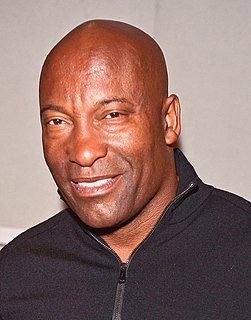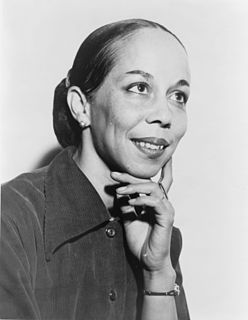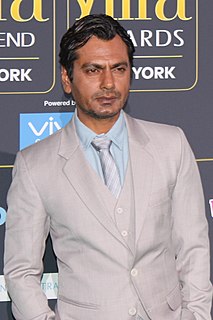A Quote by Alejandro Gonzalez Inarritu
The expected vertical line of Ikiru's narrative breaks when Kurosawa does a flash-forward in the middle of the film.
Related Quotes
It is very linear storytelling, and I think that's not so much the fashion. I was watching a new drama the other night which was extremely non-linear, where you flash back and flash forward in ways that certainly keeps you on your toes as the audience. There's not much of that courage with the storytelling in our Maigret film.






































